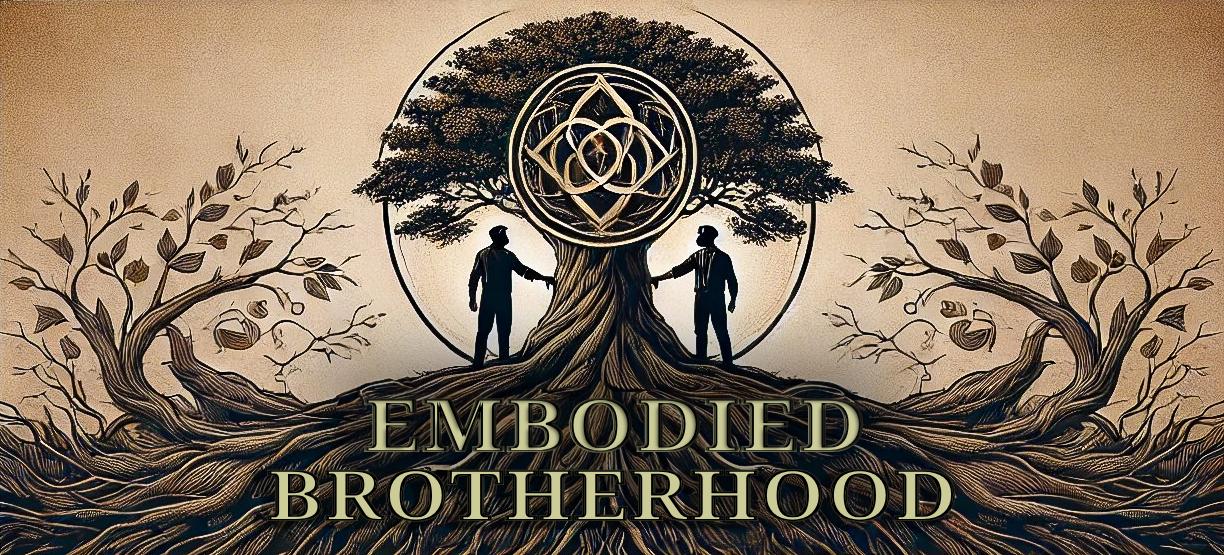Have We Lost the Gift of Idle Time?

I was having a conversation with my mom recently about the importance of downtime.
One of my brothers finds his downtime playing video games—which, for him, seems to help him unwind. But I told her that for me, that wouldn’t be downtime at all. That would just feel like more stimulation. More noise. More input. I’ve worked on how to focus like a pro and the power of belief in what’s good for me.
Another brother barely gets a moment to himself at all—caught between work, family, and the never-ending to-do list that comes with being a homeowner and parent. No true rest, just shifting gears. That’s because he doesn’t know the art of setting boundaries for a healthy lifestyle.
And that conversation sparked something in me.
Are we becoming too reliant on technology—so much so that we’re constantly distracted, constantly stimulated, never giving ourselves the space to step away and have a creative thought?
What happens when we’re bombarded by calls, texts, videos, and social media every waking hour? When we fill in every gap—waiting in line, walking to our car, brushing our teeth—with screen time?
Have we lost the time for idle thought?
And if so, what are the consequences?
In an age where we’re seeing record levels of anxiety, depression, and loneliness—how much can be traced back to the vanishing of unstructured mental space?
For so long, idle time was just built into the human experience:
- Walking or driving to work
- Standing in line at the DMV or the market
- Cooking dinner
- Folding laundry
- Eating lunch alone
- That last quiet hour before bed
These were moments the mind could wander—organizing thoughts, making sense of the day, integrating emotion.
Today, we all recognize the importance of physical exercise and regulating our nervous system.
But imagine telling someone 200 years ago that we now go to designated buildings to pick up heavy things repeatedly or run in place on machines. They’d think we were mad. Why would anyone choose to exert themselves when life already demanded so much labor?
And yet, modern convenience—abundant food, transportation, machines—removed physical movement from daily life. So we had to reintroduce it intentionally. We go to gyms because we no longer chop wood, walk miles, or grind grain.
The same is now true of mental stillness.
We must reintroduce time for the mind to wander. Time for integration. For reflection. For creativity. We need to shift our mindset.
This doesn’t have to mean becoming a monk.
It could be as simple as:
- A quiet walk after work
- A short morning meditation
- Turning off the radio on your drive home
- Journaling at night
- Letting your mind drift while folding laundry
Because if we never allow space for thought, we lose the ability to hear ourselves think.
“All of humanity’s problems stem from man’s inability to sit quietly in a room alone.” – Blaise Pascal
This is one of the key intentions behind The Embodied Journey—a 12-week coaching container for men ready to grow emotionally, spiritually, and personally. Click Here for details!
Just like we train the body, we need to train the mind—not with more content, but with space.
Stillness. Reflection. Integration.
Because this is where transformation happens—not in the noise, but in the pause.
What’s one moment in your day you could reclaim for idle thought?
Sign up for our Newsletter
Enjoyed this post?
Stay updated with our latest reflections and insights.
